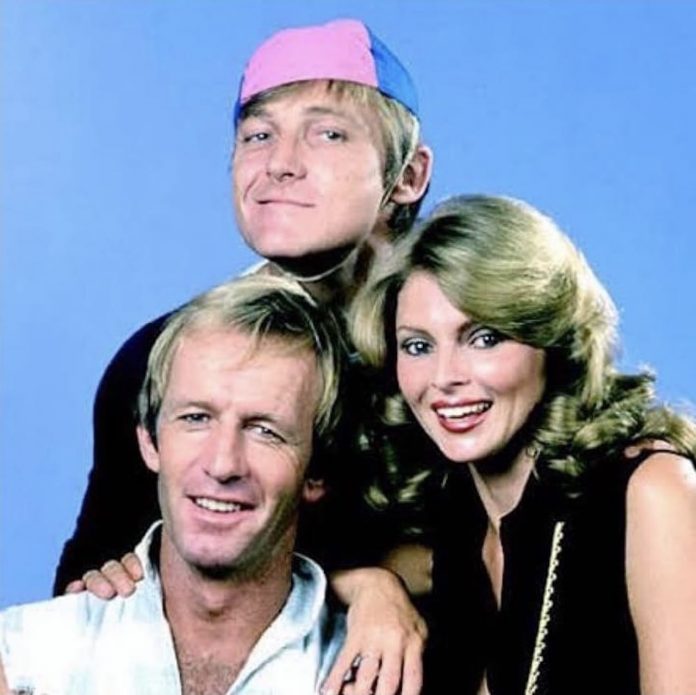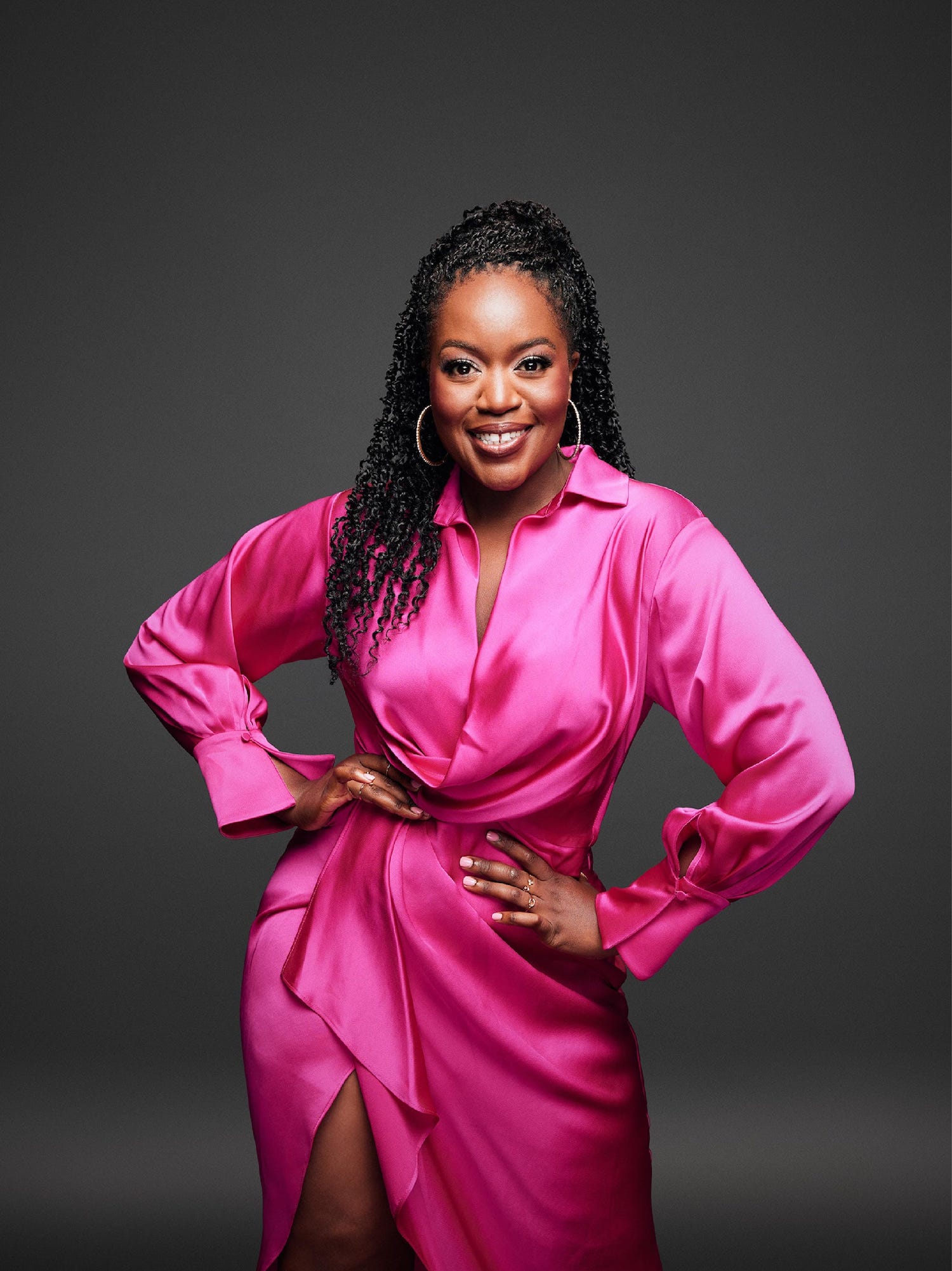Crocodile Dundee, the movie, was only forming in the mind of John ‘Strop’ Cornell when we met at his Byron Bay pub about 40 years ago.
Both of us former Perth columnists, we briefly talked over some old times.
The sun was shining at Byron Bay that day and John had the sunniest disposition. An amazingly understated, quietly-spoken character, Cornell never mentioned any of his milestone achievements and there were more lucrative ventures to come.
The comedian/writer/publican and property baron asked if I wanted to watch the AFL Grand Final on his pub’s big screen.
Cornell had brought in two plastic seats for us and then made his way through the mob to the busy bar, waited his turn, paid for two beers and brought them back to our seats. Both of us being fans of Carlton – pre-Eagles – we shouted the blues home to a magnificent win.
Cornell picked, backed and instigated a lifetime of winners. Cornell, with his WA mate Dennis Lillee, dealt with Australia’s toughest tycoon, Kerry Packer, when talks led to World Series Cricket. Central to it was Cornell pal, business partner, footballer and journalist, Austin Robertson jnr.
Cornell, Robertson and Mike Willesee all started at the Daily News on the same day, 2 January, 1961 (in the days of Paul Rigby and Kirwan Ward).
Together, they changed the face of international cricket, boosted the pay packets of professional cricketers (to make some of them millionaires), gave Channel 9 a cricket ratings winner and earned big bucks for Packer, Cornell, Lillee and their supporters.
Cornell was a canny property investor, declining offers for his slab of central Dunsborough until he got the offer he couldn’t refuse, to make way for the town’s shopping hub. Along the Dunsborough coast, before it became trendy for the rich and famous, John and his wife, Delvene kept a waterfront getaway.
Also, before the deluge of wealthy and famous, they were early incomers to beautiful Byron Bay. The weed-smoking, au naturale inclination of many incoming residents was not for the Cornells who meant business.
They bought the rundown pub at the beach and turned it into a showpiece hotel with decorations overseen by ‘Dely’, the former actor and model. In 2007, they sold the pub for a record $44 million.
Along the way, the Cornells supported all the major causes around the town including equipment for the surf club across the road from the pub. John had come a long way from famous TV character, ‘Strop’, a layback, yobbo surf lifesaver.
The couple also held large swathes of land on the hills overlooking Byron Bay. When a huge housing development was proposed on land along from the Cornell’s spread, John bought it to maintain the bush.
As land values boomed over the following years, the Cornells’ fortune soared further.
West Aussie John slotted nicely into community and family life and was married to ‘Dely’ for 43 years. Delvene’s parents lived in Byron Bay where her dad was a leading figure in the community, especially the local bowls club.
When Crocodile Dundee was formulated from discussions between Cornell and his mate, Paul Hogan, was to be tackled as a movie project, John got onto the phone to his WA media mates and others, inviting them to buy into the risky adventure.
Every one of them who came to the party is still counting their blessings for their financial gamble in Australia’s most successful film, earning $360 million worldwide.
It was Cornell, as a TV producer, who discovered Hoges. After Paul’s appearance as a funny man Sydney Harbour Bridge rigger, John quit, to become Hoges’ manager.
Cornell and Hoges also conceived the hugely-successful tourism promotion centred on throwing a shrimp on the barbie.
Kalgoorlie-born and Bunbury – raised, father-of-three daughters, Cornell suffered for many later years with Parkinsons Disease until he died, aged 80, with ‘Dely’ at his side.
Among WA’s and Australia’s sharpest, smartest and successful people, John Cornell was also one of the nicest.



































